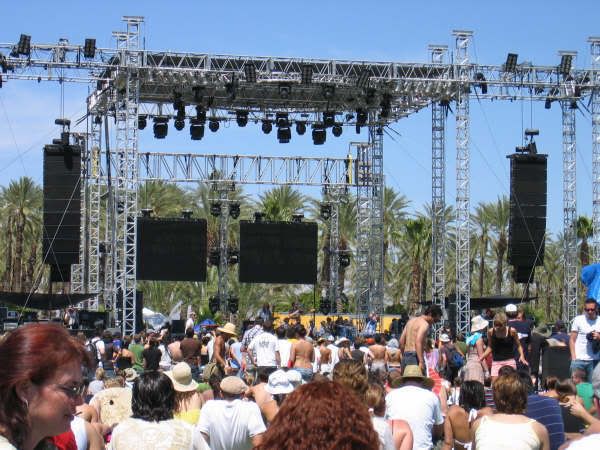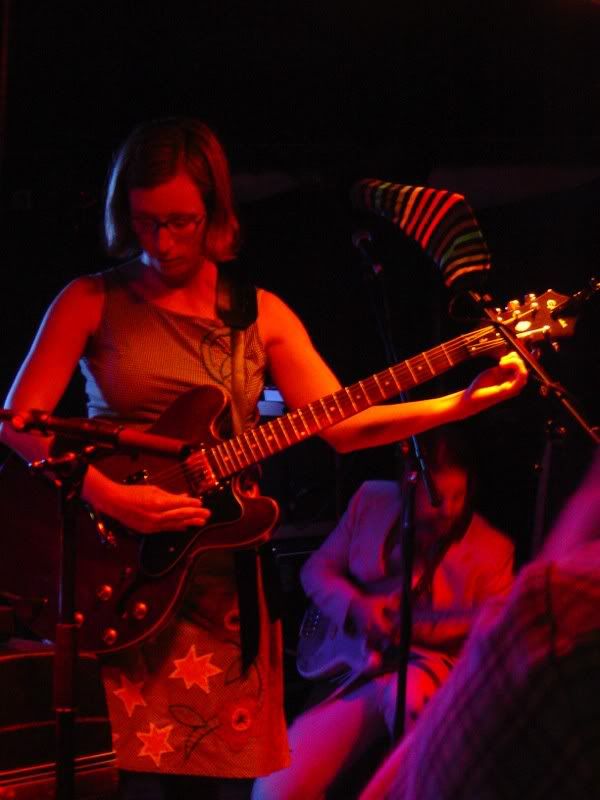Music. Dario Marianell's score provides a sense of tension, and is mixed with Briony's typing sound. I think this is cinematographically reminding viewers that this is a process of writing.
Acting. Establishing dramatic relationships with a look, gesture or a lowering of the gaze, rather than by dialogue alone, director Joe Wright wanted to revisit an older style of acting, he said, 'To me, naturalism is the death of drama.'[source]

Then Wright is perfect for directing this film adaptation of Ian McEwan's book. Naturalism is far from what is required for an overactive imagination. (I relate dramatic effect to the ability to imagine.)
Script. Christopher Hampton's adaptation is, I think, superb. He made me go buy the book and study its structure. So far I prefer the film to the book in terms of how the story is unfolded.
Story. Now I quote...
Peter Bradshaw:
1.
Atonement is the story of a single, tragic error: an error on the part of someone who is almost, but not quite, too young to know what she is doing. It is an error that radically alters the destinies of three adults: it is not precisely accidental, not exactly comprehensible and remains an enigma, resisting complete explanation until the very last.
2.
Briony's overactive imagination is to be the ruin, and then the disputed salvation.
3.
Is that the seed of all literary fiction? An attempted re-alignment of some secret wrongness in the author's life? Does it mean anything simply to recognise the terrible mass of wrongdoing, and to imagine what could have been done to put it right, at least partly? After all, the pain of the crime is mortal; its redemptive transformation into great art will live forever. It is with this question that the movie pulls off an audacious narrative trick in a brilliant central scene between the three principals: like a skilled judo fighter, the movie uses the weight of our expectations against us. As the truth about this scene dawns, we question everything that we have seen.
[source]
And this is from the book (p. 371):
... how can a novelist achieve atonement when, with her absolute power of deciding outcomes, she is also God? There is no one, no entity or higher form that she can appeal to, or be reconciled with, or that can forgive her. There is nothing outside her. In her imagination she has set the limits and the terms. No atonement for God, or novelists, even if they are atheists. It was always an impossible task, and that was precisely the point. The attempt was all.
What I don't understand is, how can the attempt be all? All of what?
I have the same question like what Bradshaw asks in the above. Imagining what could have been done does not equalise trying all one can to put things right.
Yet... All is fiction?
This story is about writing... Write, in search of salvation?
The weight put on me is too heavy, from this writer, and the writer in the book...
I've decided to let this film viewing experience end here, but I know I need to know more about the word atonement before I can really understand the issues here. Yet perhaps I do not need to know so well about it. What for?
Acting. Establishing dramatic relationships with a look, gesture or a lowering of the gaze, rather than by dialogue alone, director Joe Wright wanted to revisit an older style of acting, he said, 'To me, naturalism is the death of drama.'[source]

Then Wright is perfect for directing this film adaptation of Ian McEwan's book. Naturalism is far from what is required for an overactive imagination. (I relate dramatic effect to the ability to imagine.)
Script. Christopher Hampton's adaptation is, I think, superb. He made me go buy the book and study its structure. So far I prefer the film to the book in terms of how the story is unfolded.
Story. Now I quote...
Peter Bradshaw:
1.
Atonement is the story of a single, tragic error: an error on the part of someone who is almost, but not quite, too young to know what she is doing. It is an error that radically alters the destinies of three adults: it is not precisely accidental, not exactly comprehensible and remains an enigma, resisting complete explanation until the very last.
2.
Briony's overactive imagination is to be the ruin, and then the disputed salvation.
3.
Is that the seed of all literary fiction? An attempted re-alignment of some secret wrongness in the author's life? Does it mean anything simply to recognise the terrible mass of wrongdoing, and to imagine what could have been done to put it right, at least partly? After all, the pain of the crime is mortal; its redemptive transformation into great art will live forever. It is with this question that the movie pulls off an audacious narrative trick in a brilliant central scene between the three principals: like a skilled judo fighter, the movie uses the weight of our expectations against us. As the truth about this scene dawns, we question everything that we have seen.
[source]
And this is from the book (p. 371):
... how can a novelist achieve atonement when, with her absolute power of deciding outcomes, she is also God? There is no one, no entity or higher form that she can appeal to, or be reconciled with, or that can forgive her. There is nothing outside her. In her imagination she has set the limits and the terms. No atonement for God, or novelists, even if they are atheists. It was always an impossible task, and that was precisely the point. The attempt was all.
What I don't understand is, how can the attempt be all? All of what?
I have the same question like what Bradshaw asks in the above. Imagining what could have been done does not equalise trying all one can to put things right.
Yet... All is fiction?
This story is about writing... Write, in search of salvation?
The weight put on me is too heavy, from this writer, and the writer in the book...
I've decided to let this film viewing experience end here, but I know I need to know more about the word atonement before I can really understand the issues here. Yet perhaps I do not need to know so well about it. What for?














No comments:
Post a Comment